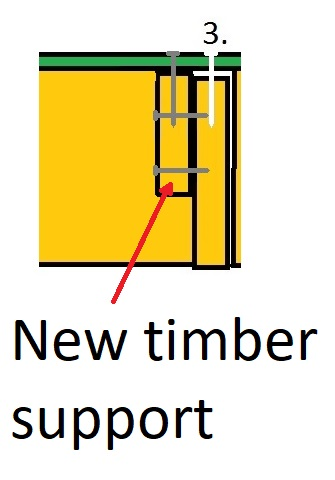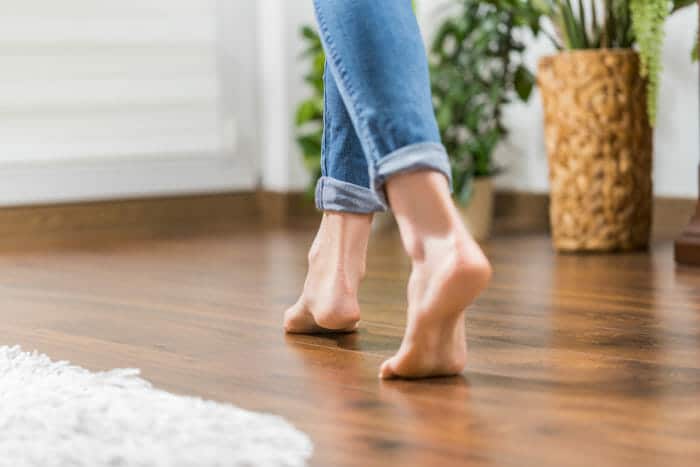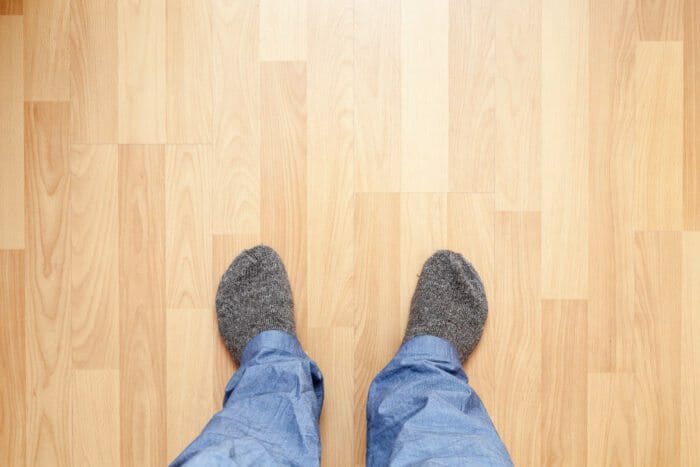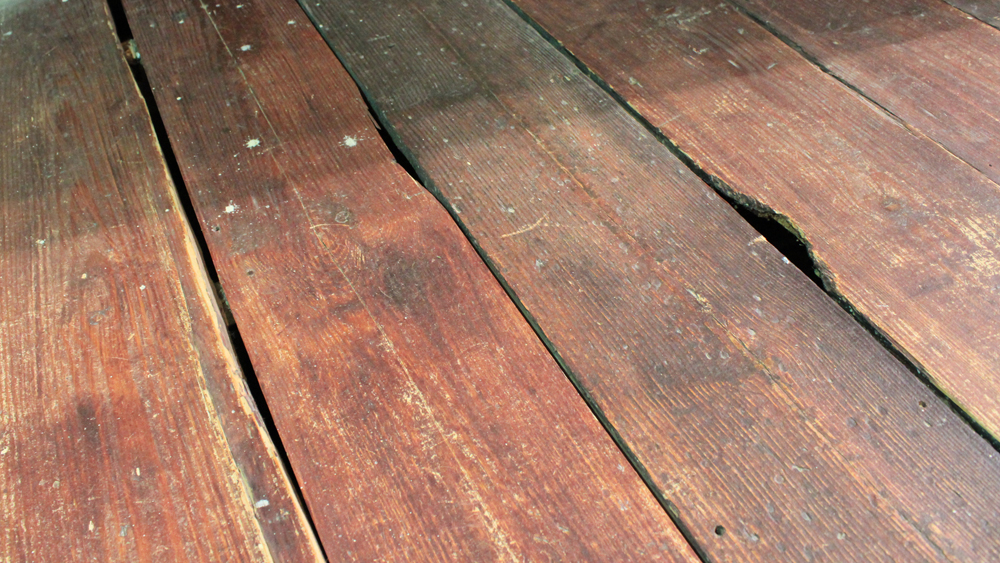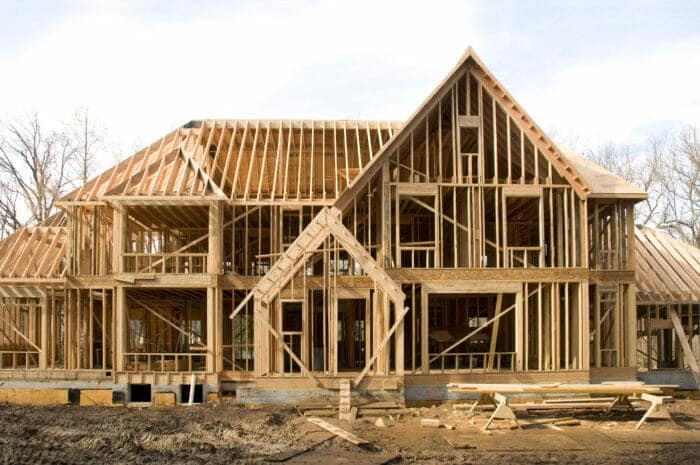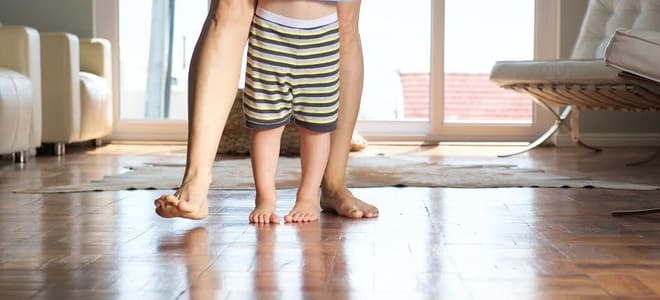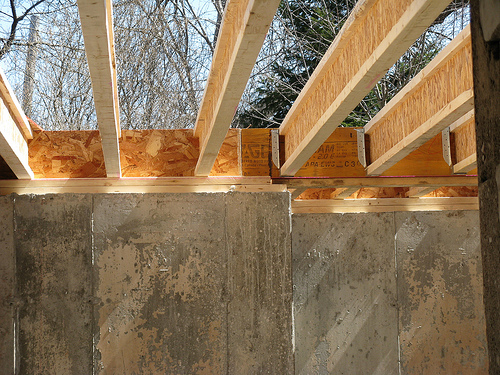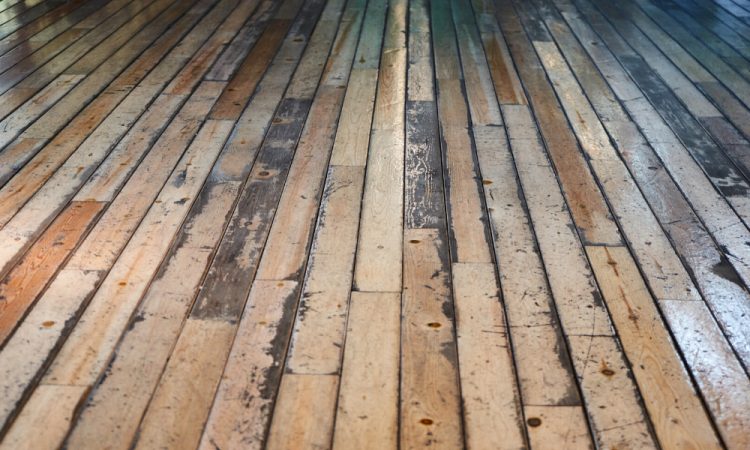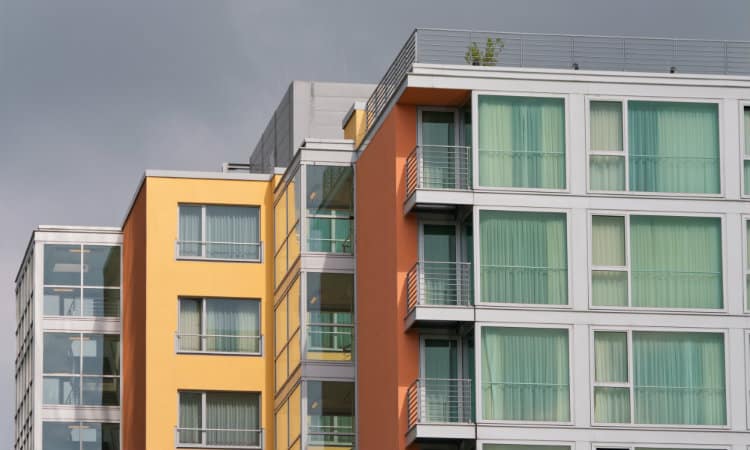What Causes Squeaky Floors Upstairs

And sometimes begin to hear a squeaky wood floor in our homes.
What causes squeaky floors upstairs. It can even be caused by the shift in weather. The squeak is caused by the wood subfloor that isn t properly attached to the joist. As temperatures start to cool the levels of humidity in the outside and inside environments are also shifting from balmy to dry. This will cause creaking in the floors.
When this occurs you may want to re attach or secure the floor back down and apply a sealing compound to the flooring which helps prevent this type of problem. Out of level subfloor. Joists are the horizontal wood beams that support the weight of your home. Floor squeaks are caused by wood rubbing against a nail other wood or even ductwork and piping.
Subfloor issues are often one of the following. Over time the nails that are holding your floor together may loosen and rub against the wood. Glued floors come loose or the nails pull loose. Although any floor can squeak hardwood floors and staircases are the common culprits.
Squeaks happen when a house settles and wood flooring dries and then expands. How do you stop your floor from squeaking. If the subfloor itself is squeaky no flooring product will cover up those noises. Engineered wood floors v.
Annoying floor squeaks common in many homes typically occur after the house has settled and flooring lumber has dried out and shrunk. An improperly installed subfloor is one of the most common reasons for squeaky floors. Squeaky floors are almost always caused by nails that missed the floor joists when the installer was installing the floor. Occasionally boards or even floor underlay will warp slightly as well.
This causes the floorboards to. Finding the squeak can be difficult but if the squeaking floor is open from below you re in luck. Once you find the source you can fix the squeak either from below or from above depending on your level of access to the squeak. As you walk across the floor boards rub against each other or slide against nail shafts to produce a cacophony of squeaks and creaks.
As soon as you turn your heater on you re removing even more of that precious moisture from the air. You need to screw down the subfloor to the joist. Usually the squeaky sound is caused by the combination of wood and metal parts inside the floor rubbing together.
